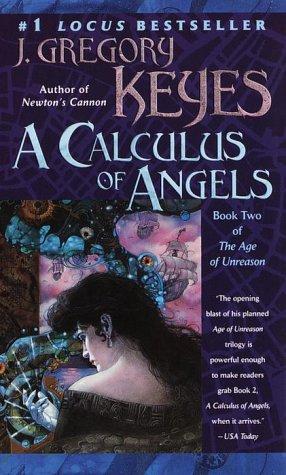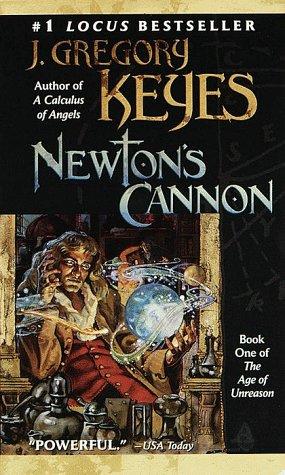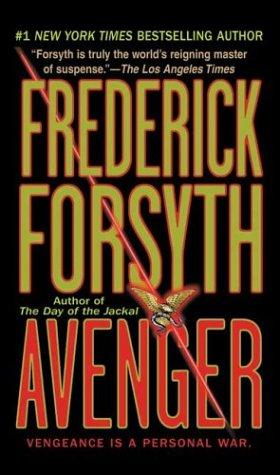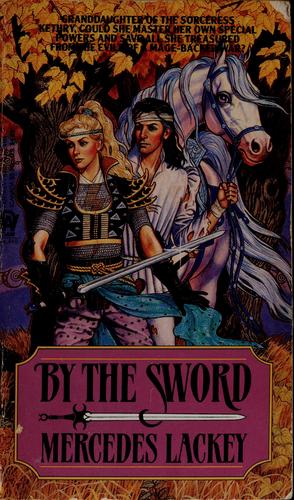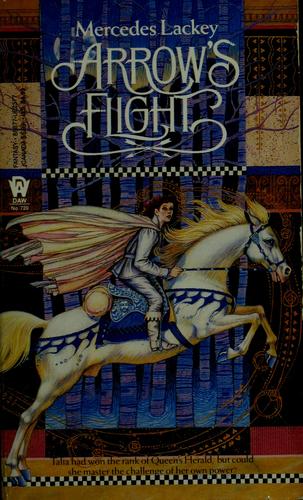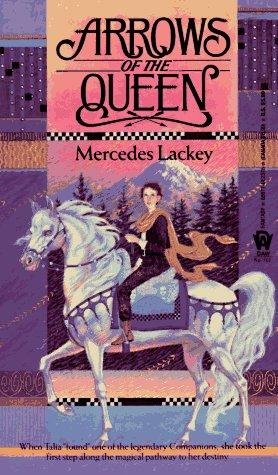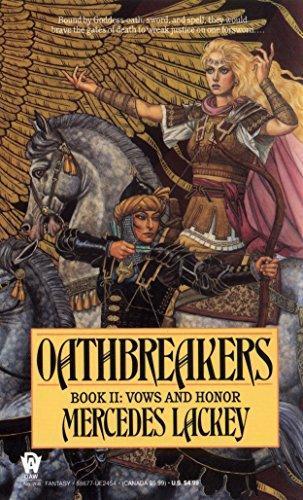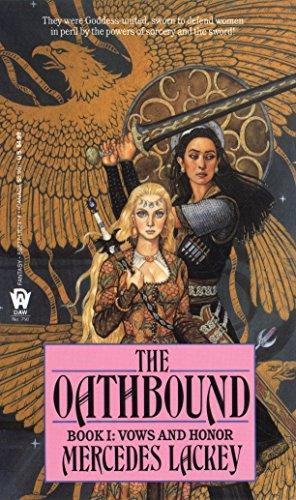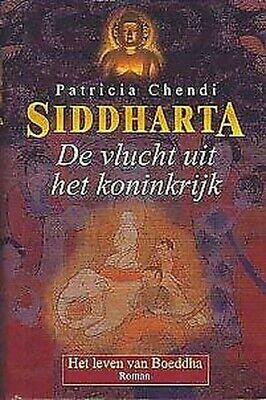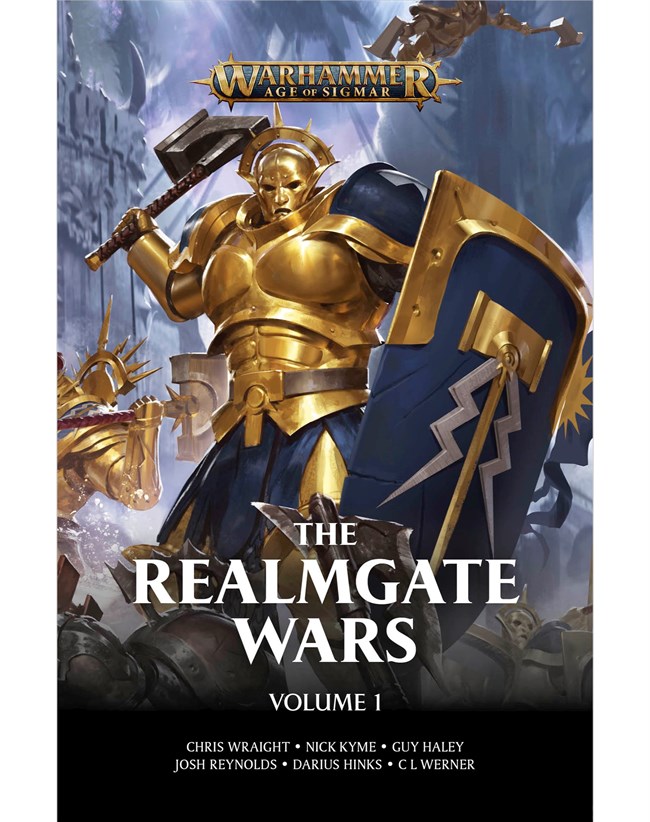"The Realmgate Wars" is a promotional novel, or rather a promotional anthology, for Games Workshop's "Age of Sigmar" tabletop game. The "Age of Sigmar" game was launched in 2015 as the successor to the earlier "WarHammer Fantasy Battle" game. With the new game, there was a new setting, that needed new stories. "The Realmgate Wars" ties the new game to the old one. The world from "WarHammer Fantasy Battle" was physically destroyed, and from its ashes, new worlds arose.
The new worlds had a time of happiness, then had a series of major wars. Those wars ended with most realms being overrun by the forces of Chaos - the archetypical bad guys of the book. Only Azyr, the domain of the warlike god Sigmar, remained unsullied. Sigmar closed the gates of Azyr, and started working on a new army - the Stormcast Eternals. He reincarnated the bravest warriors, trained them rigorously, and then in the first story sets them loose upon the worlds. This is the moment that the titular "Age of Sigmar" begins; all stories and games are set in the time after the god Sigmar unleashes his new elite warriors.
In itself, that premise isn't bad: we have conflict, we have a bunch of heroes, and we literally have entire worlds to explore. Yet, the book disastrously fails to use its potential.
The problem is that there is no characterization, and no character development. All Stormcast Eternals are essentially the same - brave goody two-shoes with at best a hint of darker or deeper emotions. If the name "clone wars" hadn't already been taken by another franchise, it would have been a more appropriate title than "the Realmgate wars".
The titular realmgates themselves are portals: they allow transportation between the different worlds. This naturally makes them strategically important, and the battles mostly revolve around capturing these portals.
Unfortunately, the book has little else than battles. It has almost 900 pages, and barely one without people trading blows. A well-written fight can be interesting, but 900 pages telling us how someone slung their hammer, cracked an enemy head, then dodged a blow, and so on... it gets tedious.
It's a pity, because it could have been so much better. For example, there's the story of Tornus the Redeemed, who is a champion of Chaos but eventually defects to the Stormcasts. He gets occassional paragraphs about his past, that explain to us why he makes this traitorous decision. (If you defect to the good guys, you're still a traitor, just one who chose Team Good). But these paragraphs get buried under seemingly endless descriptions of combat. Nor, for that matter, is there any consequence to this change of allegiance. One would expect the forces of Chaos to hold a deep hatred of the man who switched sides, but instead, it's never mentioned anymore. Not even in a "we don't talk about Tornus" attitude - no, the whole thing is entirely forgotten. Everybody is far too busy doing battle to have personal developments - even grudges against other characters.
Unless you enjoy long descriptions of battles and single combats, this book is not recommended.

